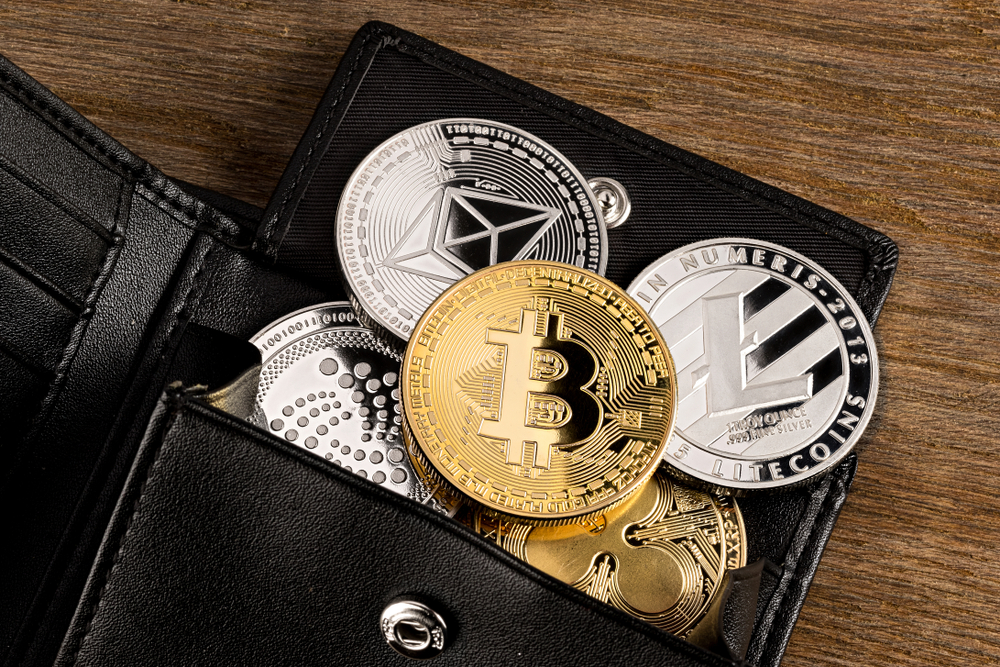The Crypto industry recently experienced a shock due to the unexpected collapse of the FTX Crypto exchange. As a result, hundreds of investors can no longer access their funds.
A massive amount of crypto assets was lost, and the value of crypto assets lost is now over a billion USD. The adage of every experienced Crypto investor came to the fore – “If you don’t have the keys, you don’t own the wallet, neither do you own the coin.”
A spokesperson from FTX noted that simply assuming you own a crypto asset without having the keys might be an unwise decision. Every crypto holder needs their private keys private because that’s what enables them to retain ownership of their digital assets.
Since FTX controls users’ wallets, the exchange has complete authority over every investor’s digital asset. Thus, if the exchange does not release funds to users, it will be impossible for investors to withdraw their money.
FTX has always kept its promise by allowing investors to initiate a payout as needed. However, the liquidity problems experienced by the exchange made it impossible for them to keep fulfilling this promise.
Crypto Exchanges’ Assurance To Investors
Immediately after the collapse of FTX, many reputable Crypto exchanges have taken the initiative to assure investors that their digital assets are safe. Additionally, some presented third-party audit reports and confirmatory evidence of their reserves to investors.
Reputable Crypto exchange and custodian – Gemini sent a message to investors that they were not affected by the FTX contagion. Nevertheless, most investors still need to transfer their digital assets to non-custodial wallets.
Some investors conclude that the safest way to keep their digital assets safe is to use hardware wallets like Trezor Model 1, Ledger Nano S, Safepal S1, or any other reputable crypto hardware wallet.
A less technical way to protect digital wallets is the use of ‘Hot Wallet.’ These are applications like Exodus and Coinomi. Hot wallets are easy to use. They also ensure that investors auto-generate strings of private keys to store their digital assets in a secret place.
Investors might start taking this step following the advice of reputable crypto executives like the CEO of Binance – Chanpeng Zhao. CZ has always been an advocate of self-custody.
In one of his recent tweets, the Binance Chief Executive described the self-custody of digital asset wallets as a fundamental human right.
